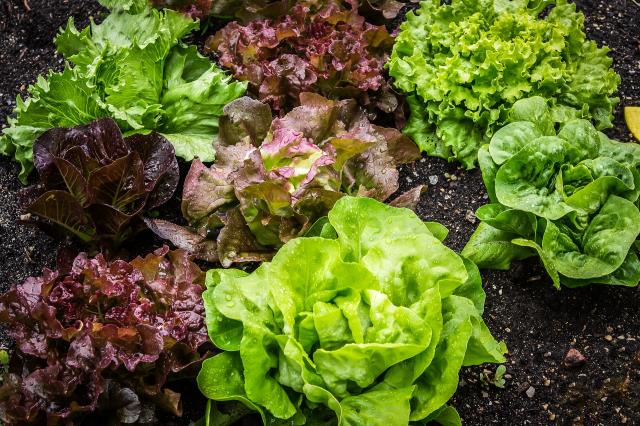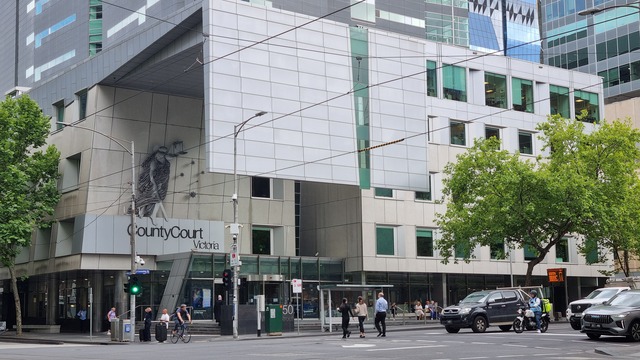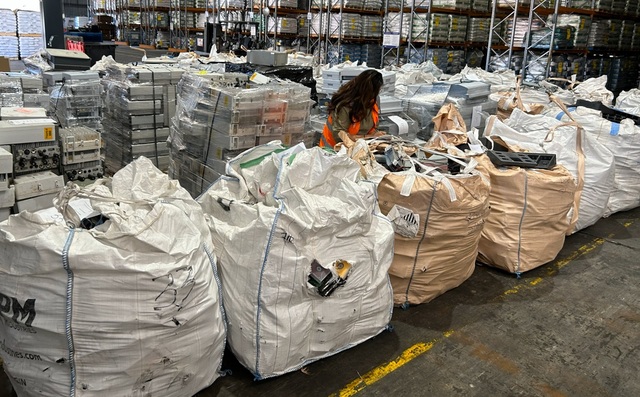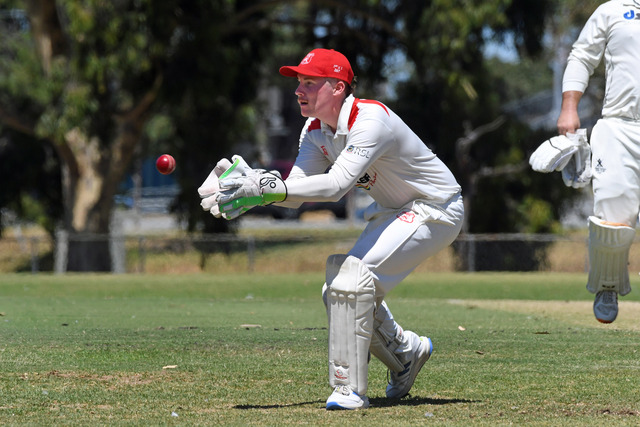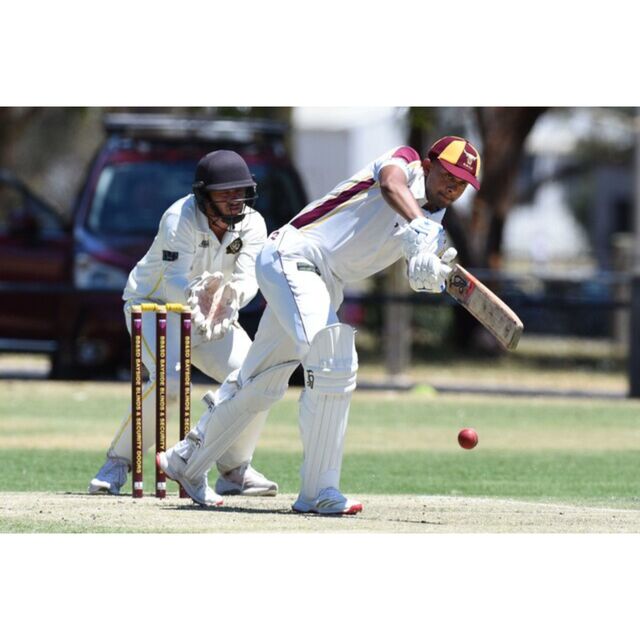The EPA have issued a warning for those eager to consume home-grown vegetables from yards that have fallen victim to flooding in recent months, with produce that has come into to contact with floodwaters needing to be either thoroughly washed or thrown out.
EPA Chief Environmental Scientist, Professor Mark Taylor warned that all flood waters are considered to be contaminated and that could transfer to your vegetables.
“Some fruit and vegetables will be salvageable simply by washing them, but if your garden was flooded in the recent heavy rain events experienced around the state, if there’s any doubt, we always advise to be cautious and throw them out,” Prof Taylor said.
Professor Taylor said EPA floodwater testing had shown highly variable rates of contamination by location and date of testing, which just heightened the need for caution.
He has advised to not eat leafy vegetables, such as spinach, kale and lettuce, or anything that was already damaged before the floods, such as produce with pierced or split skin.
Raw soft fruits, such as berries, should be avoided, as they cannot be washed thoroughly. They will be considered safe if they are cooked.
Vegetables with protective shells, husks or skins, such as peas and sweet corn, or were immature at the time of the flooding, should be treated with caution.
Prof.Taylor recommends thoroughly washing, peeling and cooking them before consuming.
EPA’s soil testing program continues from flood affected areas with results helping communities with their clean-up efforts.
If you’re from a flood-affected area and would like more information, dial 1300 EPA VIC (1300 372 842) and select #8, go to https://www.epa.vic.gov.au/for-community/environmental-information/water/heavy-rainfall-events/how-to-manage-waste-after-a-flood/health-risks-from-flood-waters#flood-impacted-produce

